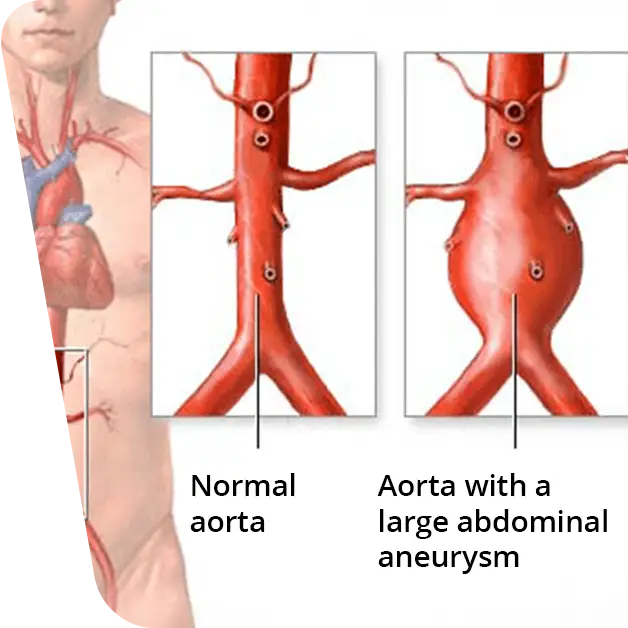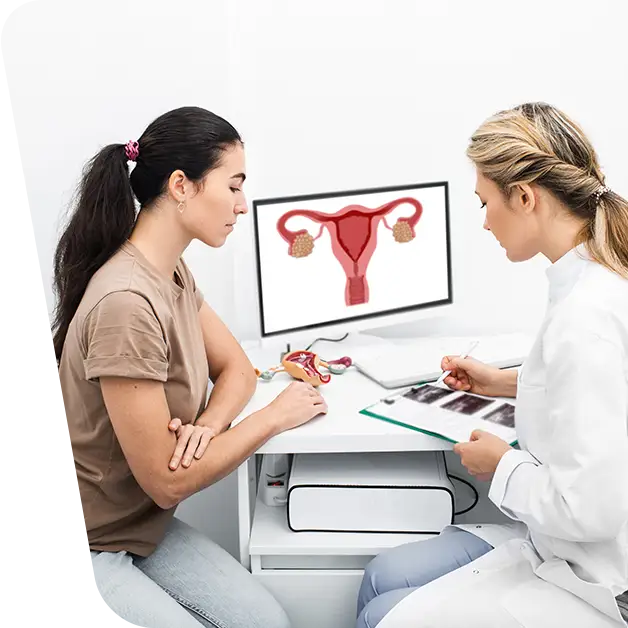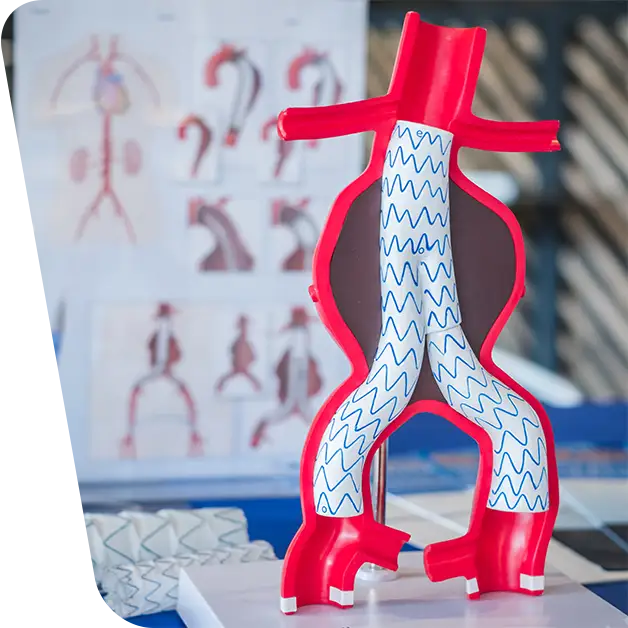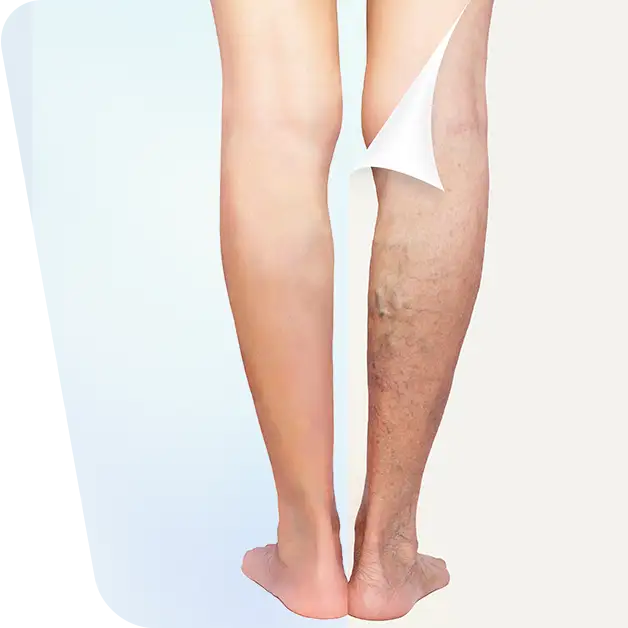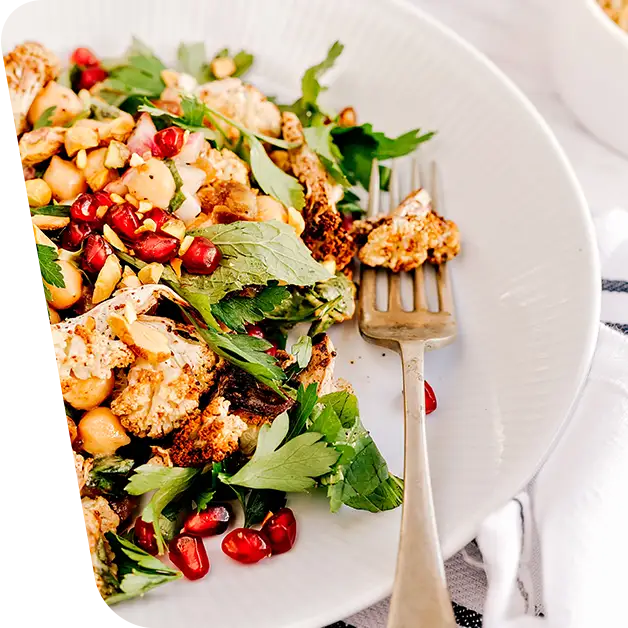What should we do to prevent hemorrhoids? What are hemorrhoids and how do they occur?
Hemorrhoids are swollen veins in the anus similar to varicose veins. Hemorrhoids can develop around the rectum (internal hemorrhoids) or under the skin around the anus (external hemorrhoids). What is hemorrhoidal disease – Causes, prevention, complications, treatment.
They occur due to high body weight or due to sedentary lifestyle or even diet. Chronic constipation involving an effort to evacuate waste as well as diarrhea through irritation of the local mucosa lining the anus, can be one of the causes of hemorrhoids.
Even genetic predisposition may be a factor worth considering. Pregnancy, lifting weights, even sports that involve prolonged exertion can cause hemorrhoids.
According to a recent study, three out of four adults will get hemorrhoids occasionally.
Table of contents
ToggleWhat should we do to prevent hemorrhoids?
The most effective way is to keep the stools soft so that the effort of defecation is normal. To prevent haemorrhoids it is advisable to:
- Eat foods high in fiber, lots of fruit and whole grains.
- Drink plenty of fluids. Up to eight glasses of water daily is recommended, as well as drinking other fluids to keep stools soft.
- It would be good to consider daily fiber intake. Most of us don’t consume enough (min 20-30g each day). Studies show that psyllium seeds would help good transit. If you do decide to introduce fiber into your diet, it is very important to drink plenty of water, otherwise you may cause or worsen constipation.
- Avoid stress. The whole process should be natural and not forced. Straining creates pressure on the veins in your rectum.
- Go to the toilet when you feel the need. Don’t put it off, as the urge may go away, and the stool may recede.
- It is not recommended to sit on the toilet for a long time.
Hemorrhoids can be treated with topical medication, diet, and proper hygiene. If hemorrhoids need to be removed invasively, some problems such as infections can occur. These can range from a superficial infection to an infection that can spread to the bloodstream.
Post-operative hemorrhoid treatment consists of herbal products that speed healing.
Those who have undergone surgery should avoid constipation at all costs.
After removal of stools, hygiene is very important. Stool baths are indicated. It is a therapy that gives results over time.
How do you do a sitz bath?
In a basin you put warm water or water with tea of horsetail and chamomile and sit for about 10-15 minutes. Ideally the water should not be hot. Repeat the process several times a day. Sitz baths help reduce swelling and relax the sphincter. They are especially ideal after the defecation process.
Special stools
There are several specially designed wet wipes on the market. You can find them in the toilet paper section. They are especially ideal as they are soaked in anti-inflammatory substances and help with itching and burning. Before you buy them, make sure they don’t contain any alcohol or perfume. These substances could be irritating and aggravate symptoms.
Cold compress
It helps most of the time because it numbs the area and retracts the swelling. However it is not advisable to abuse this.
Apply cold compresses to the anus for up to 15 minutes to soothe the swelling. For large hemorrhoids, this can be a very effective treatment. Ice is placed in a sterile gauze or towel, but never applied directly to the skin.
High fiber diet
Even if we repeat ourselves, it is the secret, i.e. the best remedy for hemorrhoids. Vegetables, fruit, nuts, whole grains are mandatory to eat post-operatively.
Soaking stools
For a complete recovery it is advisable to drink water and fiber and not laxatives, as they can cause diarrhea which can irritate the mucous membrane. Natural supplements for stool softening can be in the form of pills, powders or capsules and are taken under the supervision of a doctor.
Aloe vera
It is a recommended treatment for hemorrhoids and various skin conditions. Through its anti-inflammatory properties, it can help reduce inflammation.
Apple cider vinegar
Apple cider vinegar is said to be of great help as it reduces itching and pain. However, doctors do not recommend this remedy as it can *burn* the skin and make the situation worse.
Psyllium husks
Psyllium is a supplement that helps increase the body’s fiber intake and softens stools to make them more passable. Consume in moderation as it may cause cramping or intestinal gas.
Tea tree oil
This oil with antiseptic and anti-inflammatory properties can help with itching caused by hemorrhoids.
Yoghurt, kefir and fermented foods
Fermented foods supply the digestive system with healthy bacteria that are essential for optimal functioning. Fermented foods and probiotics improve the condition of the intestinal tract and help the whole digestive process.
Spicy and spicy forbidden foods
Consumption of alcohol and spicy foods are risk factors for hemorrhoids because they increase venous vasodilation. Spicy spices (peppers, peppers) contain a diverse range of vitamins and antioxidants that boost the digestive process and regulate metabolism. But people already affected by hemorrhoids cannot consume these types of spices.
As for alcohol, it has dehydrating properties and is the main culprit in the sudden drop in intestinal peristalsis – the main cause of hemorrhoids.
Hydrocortisone cream
Found in pharmacies and used topically. It reduces swelling and helps hemorrhoids heal. It has an antipruritic and local vasoconstrictive action. Talk to your doctor or pharmacist before purchasing this type of product.
Cotton clothing
They are especially important when you’re dealing with such a problem. Polyester and tight-fitting clothes are contraindicated. Also, the use of scented detergents can aggravate symptoms.
Can hemorrhoids come back?
The answer is positive if lifestyle and eating habits do not change. Moving and eating healthily helps to maintain optimal bowel movements and regular bowel movements. High-fiber foods and water will help maintain your digestive process to prevent constipation.
Avoiding sitting for a long time can also prevent hemorrhoids. And the most important way to avoid constipation is to go to the bathroom when you feel the urge. Delaying defecation means delaying bowel movements, which allows the bowel to reabsorb water from the stool and thus become hard.
Monitor all symptoms carefully and follow your doctor’s advice strictly. In addition, all herbal treatments will help you in recovery with the mention that lifestyle change is essential for your health.


